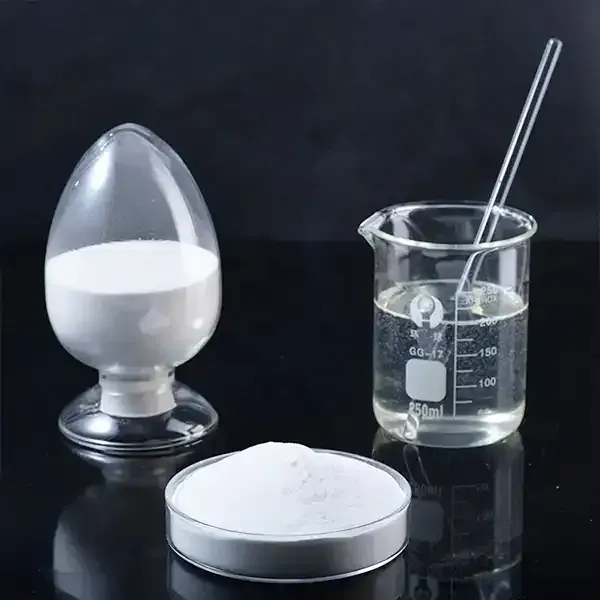The Role of Chemical Additives in Modern Industries
Chemical additives play a crucial role in various industries, enhancing the properties of products and ensuring optimal performance. From food and beverages to pharmaceuticals and construction materials, additives are integrated into a wide range of applications, making them indispensable in modern manufacturing processes.
One of the most prominent industries utilizing chemical additives is the food and beverage sector. Here, additives serve multiple purposes, including preservation, flavor enhancement, and texture improvement. For instance, preservatives such as sodium benzoate and potassium sorbate extend the shelf life of products by inhibiting microbial growth. Flavor enhancers like monosodium glutamate (MSG) boost the savory taste of foods, while emulsifiers such as lecithin help maintain the consistency of sauces and dressings. These additives not only improve the sensory attributes of food but also ensure safety and compliance with regulatory standards.
The Role of Chemical Additives in Modern Industries
The construction industry also heavily relies on chemical additives to improve the performance of building materials. Concrete admixtures, which are commonly used additives, modify the properties of concrete to enhance strength, workability, and durability. For example, water-reducing agents lower the water content in concrete mixes without compromising workability, resulting in increased strength and reduced susceptibility to cracking. Air-entraining agents introduce tiny air bubbles into the concrete, improving freeze-thaw resistance and reducing the risk of damage in cold climates. These additives contribute to the longevity and stability of structures, making them critical in construction projects.
chemical additive

In addition to improving product performance, chemical additives also contribute to sustainability efforts across various industries. For example, bio-based additives derived from natural sources are gaining popularity as eco-friendly alternatives to traditional synthetic additives. These bio-additives can enhance biodegradability and reduce the environmental impact of products. In the paint and coatings industry, additives are now being developed to improve the sustainability of formulations, such as those that reduce volatile organic compounds (VOCs) and enhance the durability of coatings.
Despite the numerous benefits of chemical additives, their use does not come without concerns. Public awareness regarding health and environmental implications has led to increased scrutiny of certain additives, resulting in regulatory changes and consumer demand for transparency. For example, some food additives have faced backlash due to potential health risks, prompting manufacturers to seek safer alternatives. This shift necessitates ongoing research and development to identify effective substitutes that meet both safety standards and consumer preferences.
Moreover, the industry is moving toward greater transparency, with many companies committing to disclosing information about their ingredient lists and the sources of their additives. This trend not only enhances consumer trust but also promotes accountability among manufacturers to ensure that their products are safe and environmentally friendly.
In conclusion, chemical additives are vital components across numerous industries, enhancing product quality, performance, and sustainability. From food preservation to pharmaceutical formulations and construction materials, these additives play a pivotal role in modern manufacturing processes. However, the ongoing dialogue surrounding their safety and environmental impact highlights the need for continuous innovation and transparency in their use. As industries evolve, the future of chemical additives will likely be shaped by advancements in technology and a growing commitment to sustainability and consumer health.






